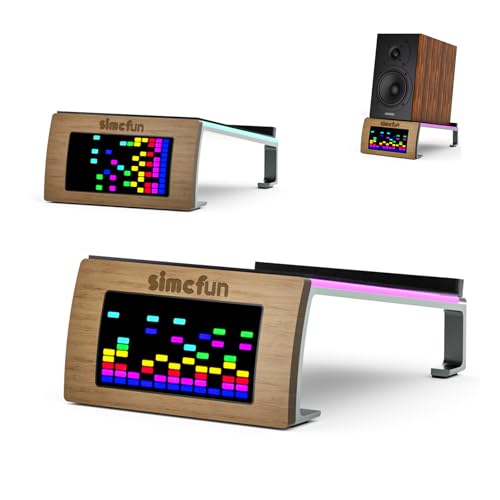I'm talking about the same source SACD played via the analogue outputs of the Oppo BDP-103 or BDP-95 (I own both). And I repeat that there is a huge difference.
I'm not saying that DSD is superior to PCM but the conversion to PCM as done by the Oppo far from perfect
That is why I started a thread about the BDP-103, I was shocked at the difference in sound between native DSD and DSD converted to PCM. I did not expect it as I had previously bought into the opinion of the "experts" who suggested that there could be no difference!
Above are excerpts from what he has written, (emphasis is mine). Superiority of DSD vs PCM isn't discussed, and he never implies that. His comments apply only to conversions, mainly within his oppo.Yes, but par4ken doesn't seem to really believe that. He seems to think it is a matter of DSD and PCM sounding intrinsically different, with the Oppo doing it *right* and thus revealing a DSD sound so much better that it BLOWS HIM AWAY.




















